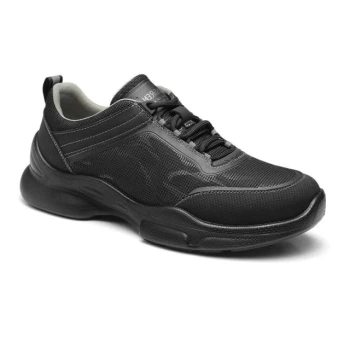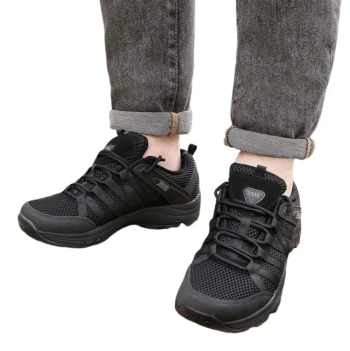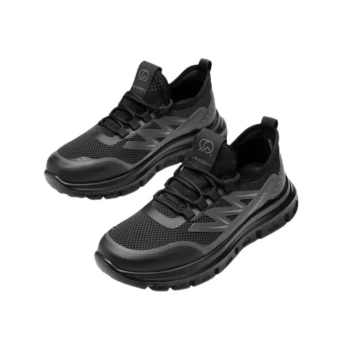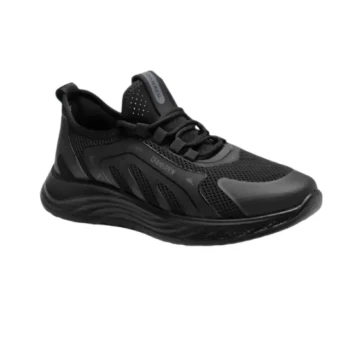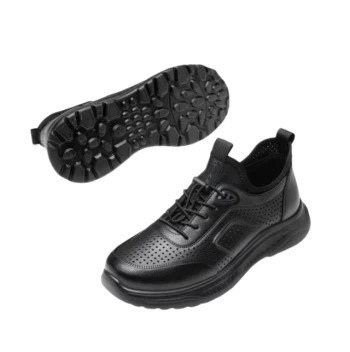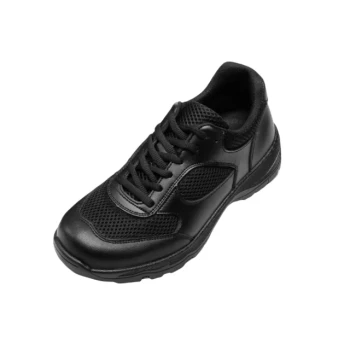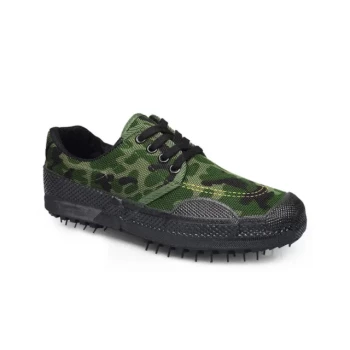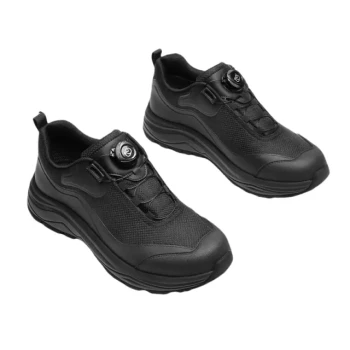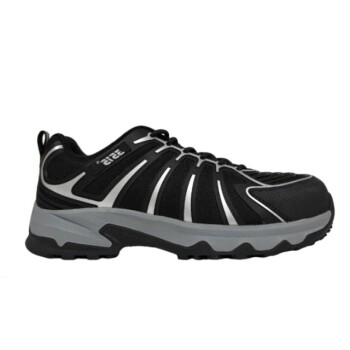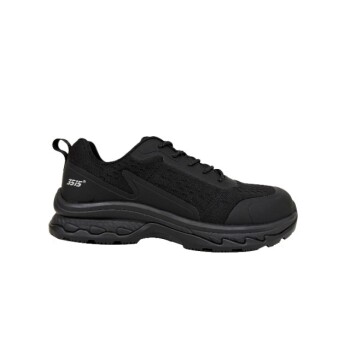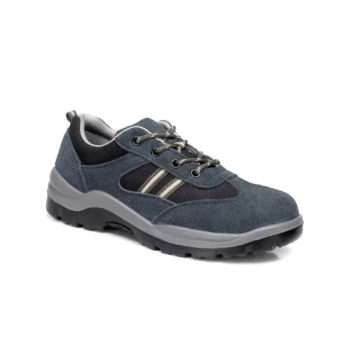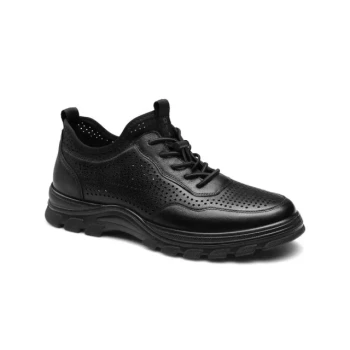The fundamental reason proper footwear is crucial for walking is its direct impact on your body's biomechanics. The right shoes support the natural alignment and motion of your feet, while the wrong shoes can disrupt this delicate system, causing a chain reaction of stress that can lead to pain in your heels, knees, hips, and even your lower back.
Choosing the right walking shoe is not simply about immediate comfort. It is a critical decision that protects the mechanical integrity of your entire body, preventing a cascade of alignment issues and long-term joint damage.
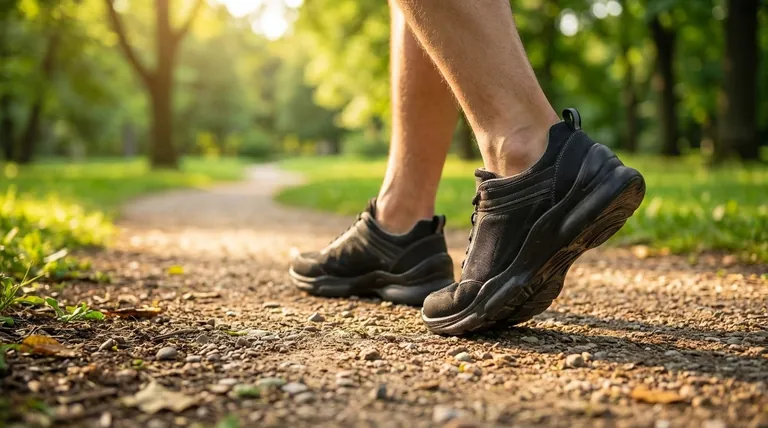
The Biomechanics of Walking: Your Body as a System
To understand the importance of footwear, you must first see your body as an interconnected system. The way your foot strikes the ground influences every joint above it.
The Role of Your Foot
Your foot is the foundation of this system. It is engineered to absorb the shock of impact with the ground and then provide a stable platform to push off for your next step.
How Shoes Influence Natural Motion
Proper footwear acts as a critical interface between your foot and the ground. A well-designed shoe provides adequate arch support to prevent your foot from rolling inward and offers heel cushioning to absorb the initial force of each step.
The Chain Reaction of Poor Support
When shoes lack proper support, your foot's mechanics are compromised. This forces other parts of your body, like your ankles, knees, and hips, to overcompensate, leading to unnatural strain, inflammation, and chronic pain over time.
Understanding the Trade-offs: Function vs. Fashion
Many footwear decisions involve a balance between appearance and mechanical function. Understanding when to prioritize one over the other is key to avoiding injury.
The Cost of Inappropriate Footwear
Wearing shoes designed for style rather than support during activities that involve prolonged walking is a direct cause of aches and pains. A lack of support and cushioning on hard surfaces can quickly lead to discomfort and fatigue.
When Function is Non-Negotiable
For any activity involving significant time on your feet—such as fitness walking, hiking, or working a job that requires standing—function must always be the priority. This ensures performance, safety, and the prevention of long-term wear and tear.
When Style Can Be the Focus
For short-duration, low-impact social events, prioritizing fashion is perfectly reasonable. The key is matching the footwear to the specific demands of the activity.
Key Elements of Proper Walking Footwear
While specific needs vary, a few core principles define a good walking shoe. These features are essential for protecting your body's alignment and ensuring comfort.
Adequate Arch Support
Proper arch support is the most critical element. It maintains the natural shape of your foot, ensuring that forces are distributed evenly with every step and preventing misalignment up the leg.
Heel Cushioning and Stability
A cushioned and stable heel cup absorbs the initial shock of your heel striking the ground. This single feature dramatically reduces the impact that travels up through your ankles, shins, and knees.
Appropriate Flexibility
A good walking shoe should be flexible at the ball of the foot to allow for a natural rolling motion. However, it should be rigid and supportive through the middle of the shoe to prevent excessive twisting.
Making the Right Choice for Your Goal
Your ideal footwear depends directly on your primary activity. Use your goal to guide your selection.
- If your primary focus is daily comfort and errands: Choose lightweight shoes that offer balanced cushioning and moderate arch support for all-day wear.
- If your primary focus is fitness walking or exercise: You need a dedicated athletic shoe with superior shock absorption and stability features designed for repetitive motion.
- If your primary focus is preventing long-term joint pain: Always prioritize function over fashion, ensuring your shoes provide excellent arch and heel support to maintain proper body alignment.
Investing in the right footwear is a direct investment in your long-term mobility and well-being.
Summary Table:
| Footwear Feature | Key Benefit |
|---|---|
| Adequate Arch Support | Maintains foot alignment, prevents misalignment up the leg |
| Heel Cushioning | Absorbs impact shock, protecting ankles, shins, and knees |
| Appropriate Flexibility | Allows natural foot motion while providing mid-foot stability |
Need reliable, high-quality footwear for your customers?
As a large-scale manufacturer, 3515 produces a comprehensive range of footwear for distributors, brand owners, and bulk clients. Our production capabilities encompass all types of supportive shoes and boots designed with the biomechanics of walking in mind.
Contact us today to discuss your footwear needs and benefit from our expertise in creating products that promote comfort and long-term joint health.
Visual Guide
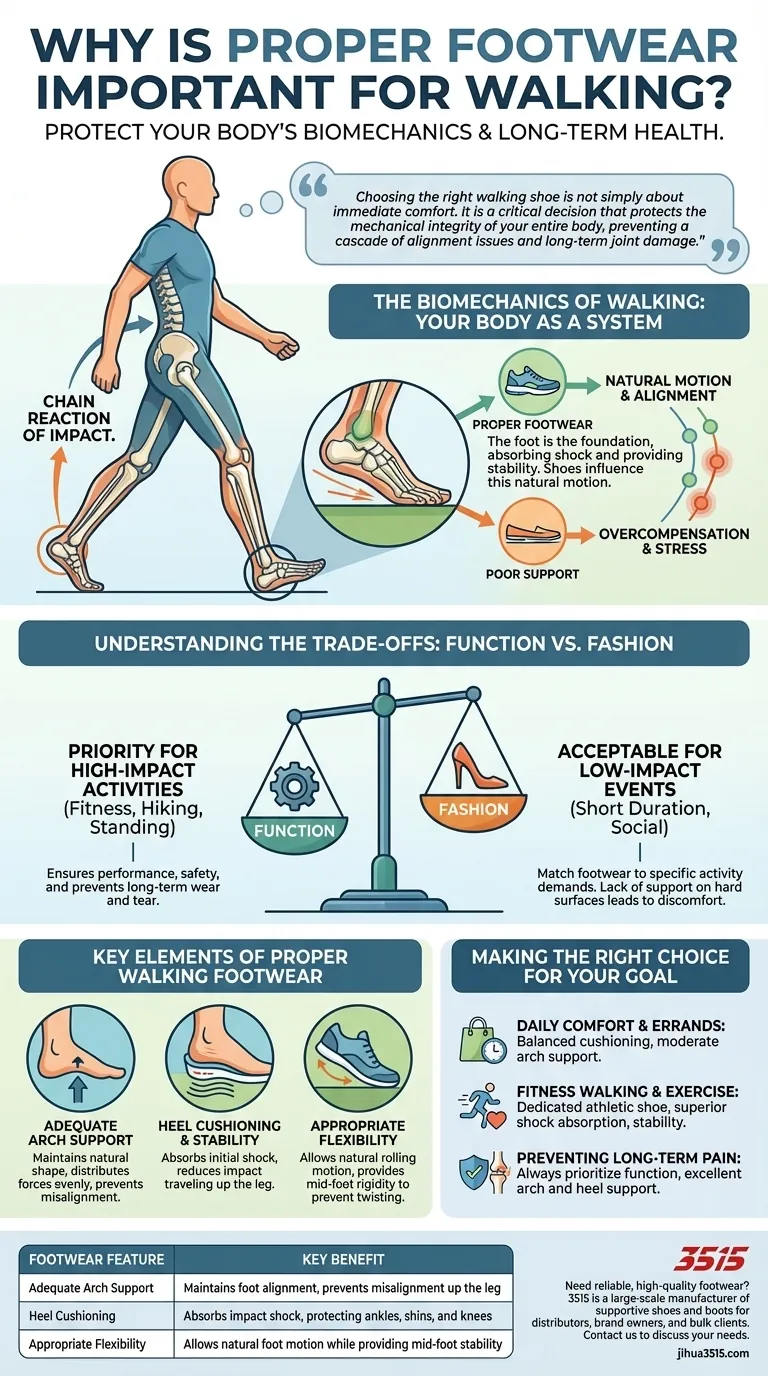
Related Products
- Wholesale Breathable Training Shoes Custom Athletic Footwear Manufacturer
- Lightweight Breathable Training Shoes for Wholesale & Custom OEM Manufacturing
- Wholesale Lightweight Cushioned Athletic Sneakers for Custom Bulk Production
- Wholesale Breathable & Cushioned Training Shoes Custom Factory Production
- Lightweight Breathable Sneakers with Wet-Traction Grip for Wholesale & Private Label
People Also Ask
- What materials are best for athletic activities in warm climates? Stay Cool with Moisture-Wicking Fabrics
- What are the benefits of athletic-style work shoes? Boost Comfort and Safety for Your Team
- What is high-tech 'air' mesh, and how is it used in footwear? The Key to Cool, Lightweight Shoes
- How do athletic shoes with non-slip features differ from regular ones? Discover the Grip Advantage
- Does more ground contact area mean better support? Unlock the Secrets of Stable Footwear
